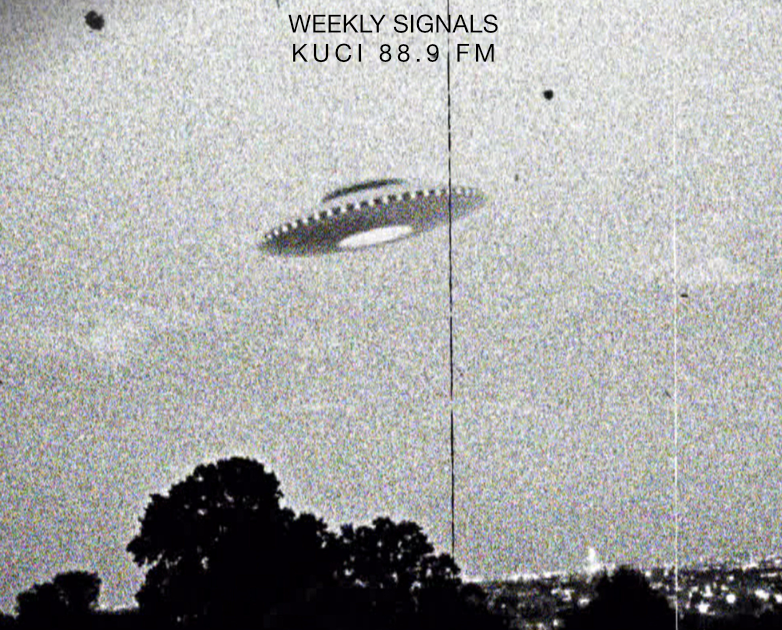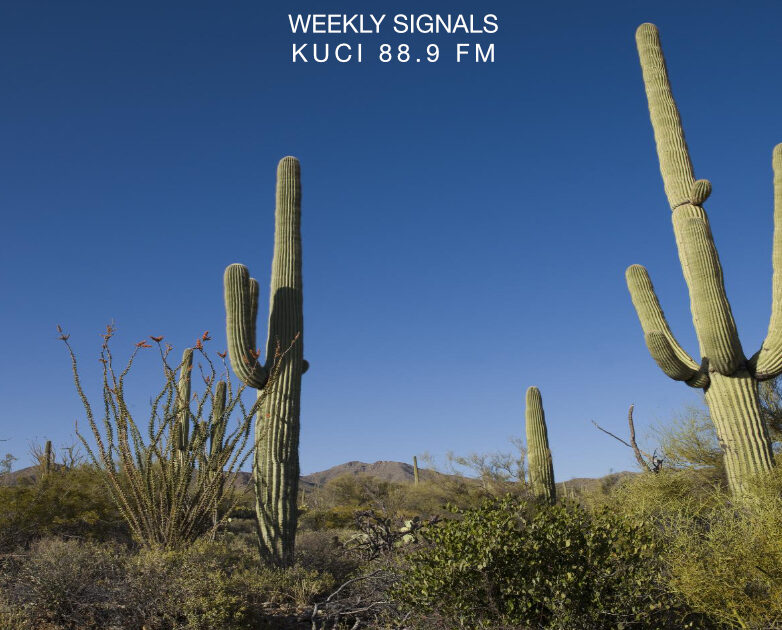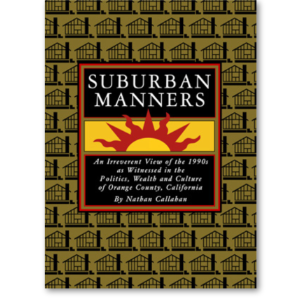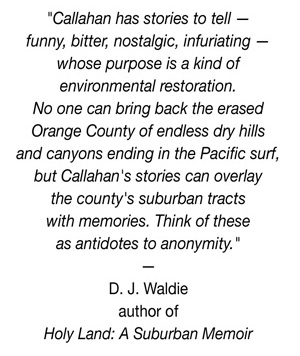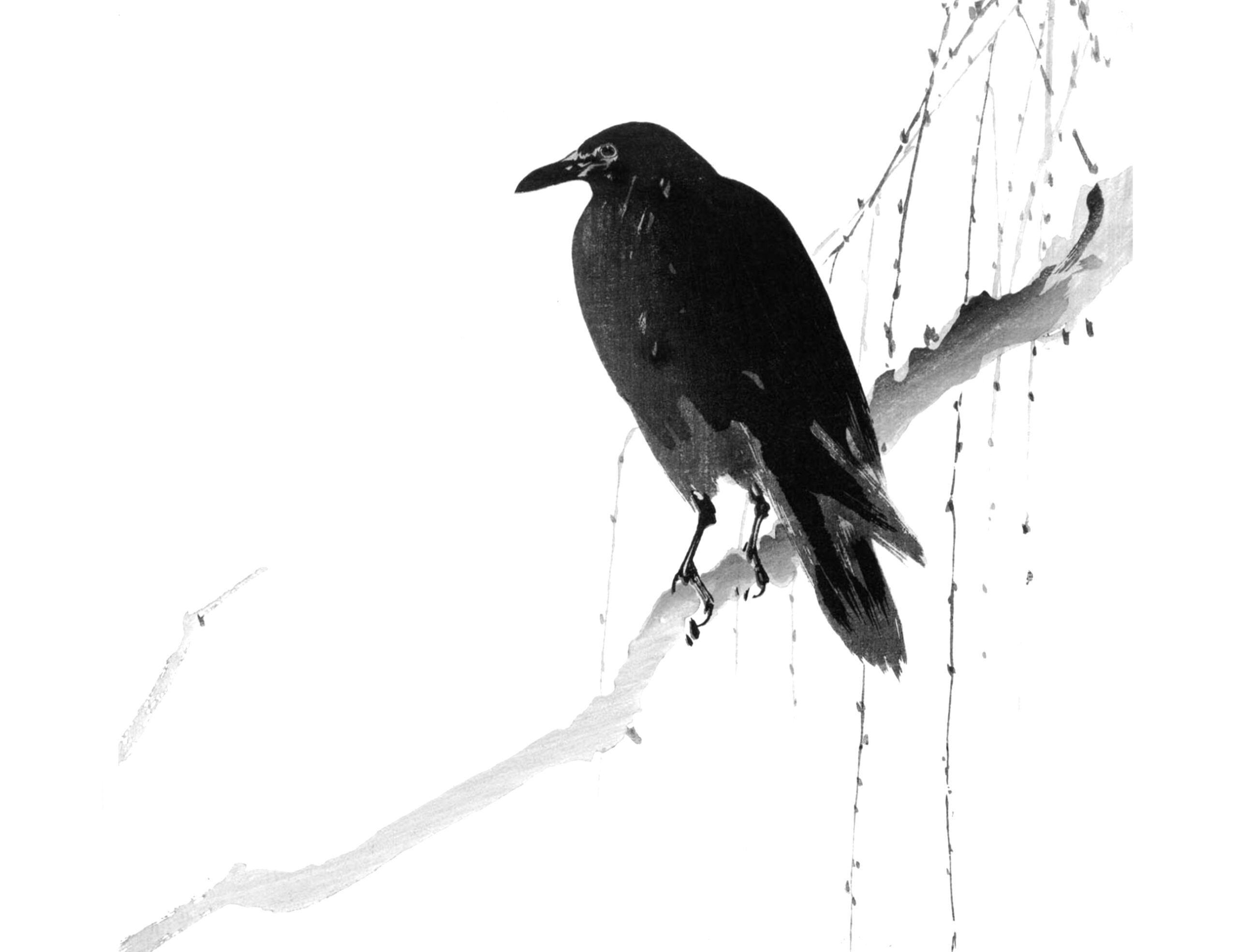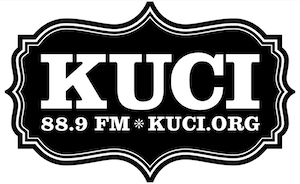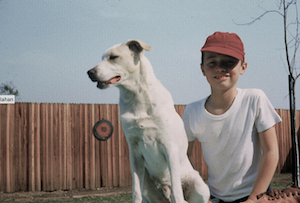During a game of chess near the end of William Shakespeare’s The Tempest, Miranda, the fourteen-year-old daughter of Prospero, envisions drunken sailors staggering off the wreckage of a ship. Miranda — a cultural critic with an Orwellian bent, comments, “O wonder! How many goodly creatures are there here! How beauteous mankind is! O brave new world! That has such people in’t!”
Countless drunken sailors and a few hundred years later, Aldous Huxley envisioning Miranda’s words (with an eye on Thorstein Veblen’s theory of conspicuous consumption) entitled a book of his for that brave new world.
I know how Aldous felt.
Just the other day at Recreational Equipment Incorporated — or REI, to you — I witnessed Miranda’s same goodly creatures staggering around in’t. What were their desires? O wonder! What inspired their craving for these luxury commodities?
They were gearing up to experience their brave new world — shoes designed for every trot and gate, green and red lightweight kayak paddles, Primal Warrior and Cerveza dayglow body hugging cycling jerseys, cross-Country ski waxes, mountain bikes, urban bikes, road bikes, hybrid bikes, helmets and goggles for all things headworthy, bindings and bags galore.
In our brave new world, it’s essential that we buy the gear to go to the river, to the mountains, to the beach, to the desert, even though, in the brand name part of our brain, we defile the natural world — pollute it, sell it, strangle it, and debase it.
Beauteous people, drunken sailors, communicating on smart phones, tracking their lives with global position systems, tapping their iPhones, wedging spandex, mounting tungsten, all with a longing to experience the world, all with so much apparatus it’s a wonder they could experience anything outside themselves.
In Brave New World, nature’s beauty had one grave defect: it was gratuitous. A love of nature kept no factories busy. Nature was a distraction from buying things. Maximum mass consumption was not fully realized. And so, the Brave New World powers that be, decided to abolish the love of nature; but not to abolish the desire to consume the apparatus that’s used to experience nature.
And here we are at R.E.I. doing just that. In our brave new world, it’s essential that we buy the gear to go to the river, to the mountains, to the beach, to the desert, even though, in the brand name part of our brain, we defile the natural world — pollute it, sell it, strangle it, and debase it.
“We condition the masses to hate the country,” Huxley wrote. “But simultaneously we condition them to love all country sports. At the same time, we see to it that all country sports shall entail the use of elaborate apparatus.”
Our elaborate apparatus — our four-wheel drive, nature app, snow board, trike scooter, snow mobile, wingsuit world — inhibits us. It runs against the heart of nature which is not in our ogling, our conquest or “so-called” experience of it, but in our understanding of it.
Nature, no matter how much we pave over it, is always in our bodies in the air we breathe. If the site of Toyon bush out the window of a bus in downtown Los Angeles doesn’t bring us closer to it, than hiking the John Muir trail fully-geared never will.

